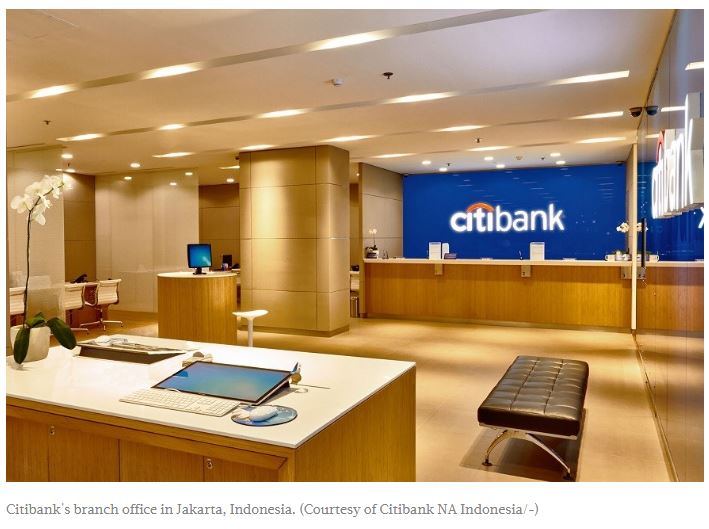Indonesia’s economy to grow 6% next year as activity normalizes, Citibank says
Indonesia’s economy is expected to grow between 5.5 percent and 6 percent next year as economic activity is expected to return to normal after this year’s partial lockdown to contain COVID-19 transmissions, private lender Citibank Indonesia said on Thursday.
Citibank Indonesia chief economist Helmi Arman said the economy may return to precoronavirus levels as early as next year, adding that the recovery would be driven by recovering household spending and higher government spending.
“The driver of next year’s growth would be economic activity normalizing after being brought to a standstill for several months this year,” Helmi told reporters in a press briefing.
With large-scale social restrictions (PSBB) to contain the virus putting a halt to economic activities, household spending — which contributes to more than half of the country’s GDP — contracted 5.51 percent in the second quarter this year, Statistics Indonesia (BPS) data shows. The entire economy shrunk 5.32 percent in the period.
Meanwhile, the government is also aiming to accelerate spending on COVID-19 response, having only spent Rp 151.25 trillion (US$10.3 billion) of the stimulus budget as of Aug. 6, five months after the first cases were discovered in March, according to Finance Ministry data.
“There will also be an investment wave from manufacturing companies that are looking to diversify their supply chain from China to Southeast Asia, including Indonesia,” Helmi added.
President Joko “Jokowi” announced on June 30 that seven foreign companies had confirmed plans to relocate their production facilities to Indonesia, mostly from China. The companies, including South Korean industrial conglomerate LG, are estimated to bring investments worth US$850 million to the country, according to Investment Coordinating Board (BKPM) estimates.
However, the ongoing global health crisis has caused a decline in Indonesia’s foreign direct investment (FDI) for the second consecutive quarter this year, falling by 6.9 percent year-on-year (yoy) to Rp 97.6 trillion in the April-June period.
“We are assured that a relatively healthy banking sector will further support economic recovery once debt restructuring subsides and economic activity starts to revert to normal,” Helmi went on to say, adding that debt restructuring was taking a toll on banks’ ability to book a profit.
On Aug. 4, Financial Services Authority (OJK) chairman Wimboh Santoso announced that Indonesian banks had restructured Rp 784.36 trillion in loans from 6.73 million debtors.
The government’s ability to bring down infected cases and vaccine availability would also play a key factor in the country’s economic performance, Helmi said.
As of Thursday, the country has recorded more than 132,000 COVID-19 cases, with nearly 6,000 deaths. Economists have urged the government to step up its efforts to control the pandemic so that the country could start its economic recovery.
“The economy is expected to be at 70 percent capacity in the third quarter and at 90 percent capacity by the fourth quarter,” Helmi said, adding that the country may book positive growth this year but still feel the impacts of the health crisis.
The government expects full-year growth of 1 percent or a full-year contraction of 0.4 percent for 2020.
Jokowi is scheduled to deliver his annual state address and proposed 2021 state budget at the House of Representatives on Friday, in which the government expects the economy to grow by 4.5 percent to 5.5 percent next year.
The government has also revealed a plan to raise its 2021 state budget deficit assumption to 5.2 percent of GDP from the previous proposal of between 4.17 percent and 4.7 percent.
“We will raise the fiscal deficit next year to weather the uncertainty and revive the economy while also handling the COVID-19 pandemic,” Finance Minister Sri Mulyani Indrawati said in a live-streamed briefing on July 28.
Source: https://www.thejakartapost.com/news/2020/08/13/indonesias-economy-to-grow-6-next-year-as-activity-normalizes-citibank-says.html


 Thailand
Thailand




